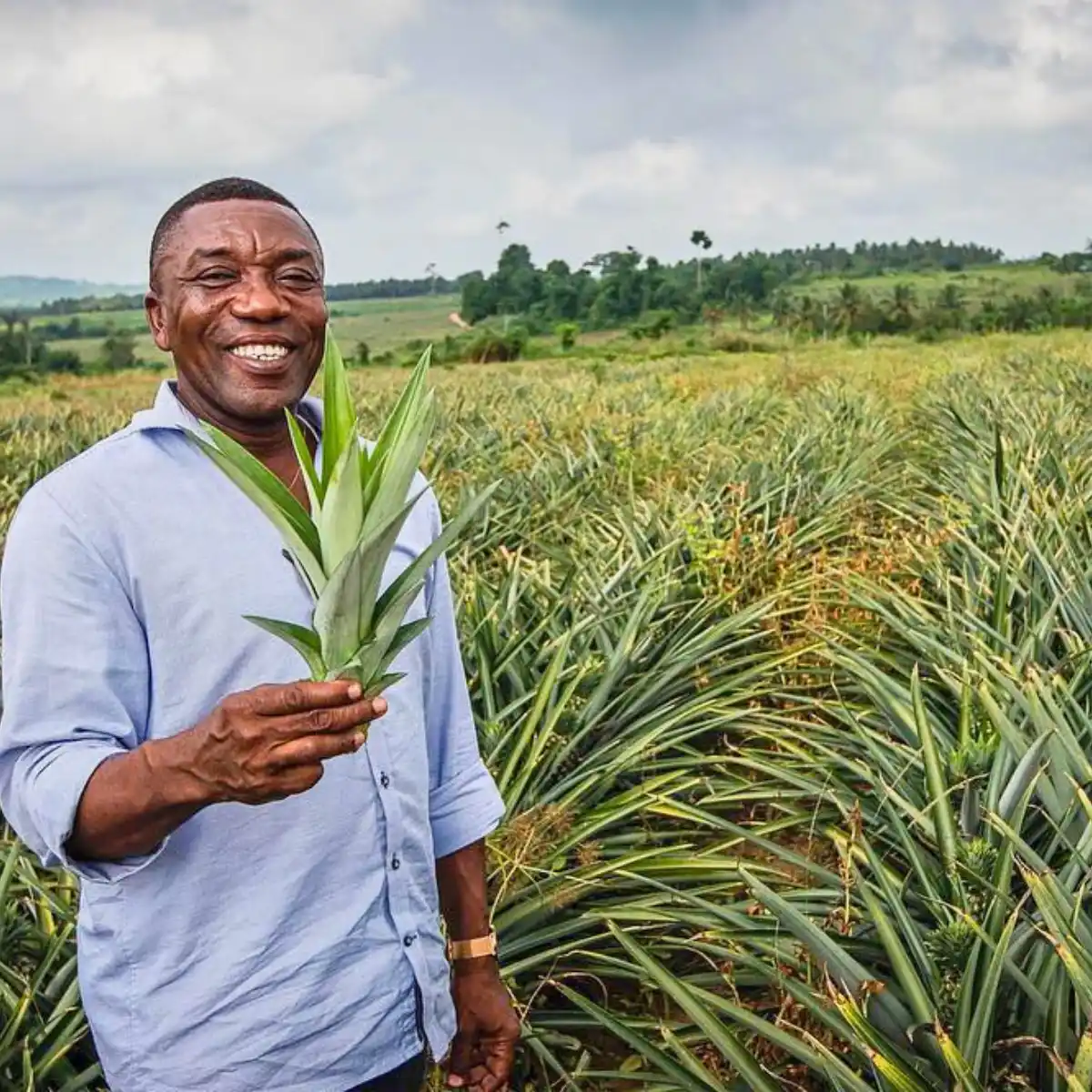Floristry and the general floriculture industry currently navigate a landscape marked by both daunting challenges and new, exciting opportunities. Climate change is one of those factors affecting growing conditions, introducing new pest and disease pressures that often threaten flower health and yield. At the same time, consumers are becoming increasingly discerning, demanding sustainably grown, high-quality flowers that align with their values.
In the same context, fast technological advancements, from precision agriculture to digital marketing, are reshaping how flowers are cultivated, distributed, and sold. In this dynamic setting, the floriculture sector’s ability to innovate continuously and cultivate skilled talent is not just desirable but essential. Amid these complexities, the American Floral Endowment’s (AFE) annual R.I.S.E. to Support campaign has been running from May 15 through June 30, shining the spotlight on a crucial fact: sustained funding for research and education is essential for the industry’s prospects.
The R.I.S.E. to Support Campaign
R.I.S.E. stands for Research, Internships, Scholarships, and Education—four pillars that help ensure a strong, sustainable floral industry for this and the coming generations. It is a funding drive in which every dollar raised supports programs that solve real challenges, nurture young talent, and provide trusted resources for floral businesses of all sizes, because now more than ever, funding for research and education is vital for those who depend on the Endowment’s programs.
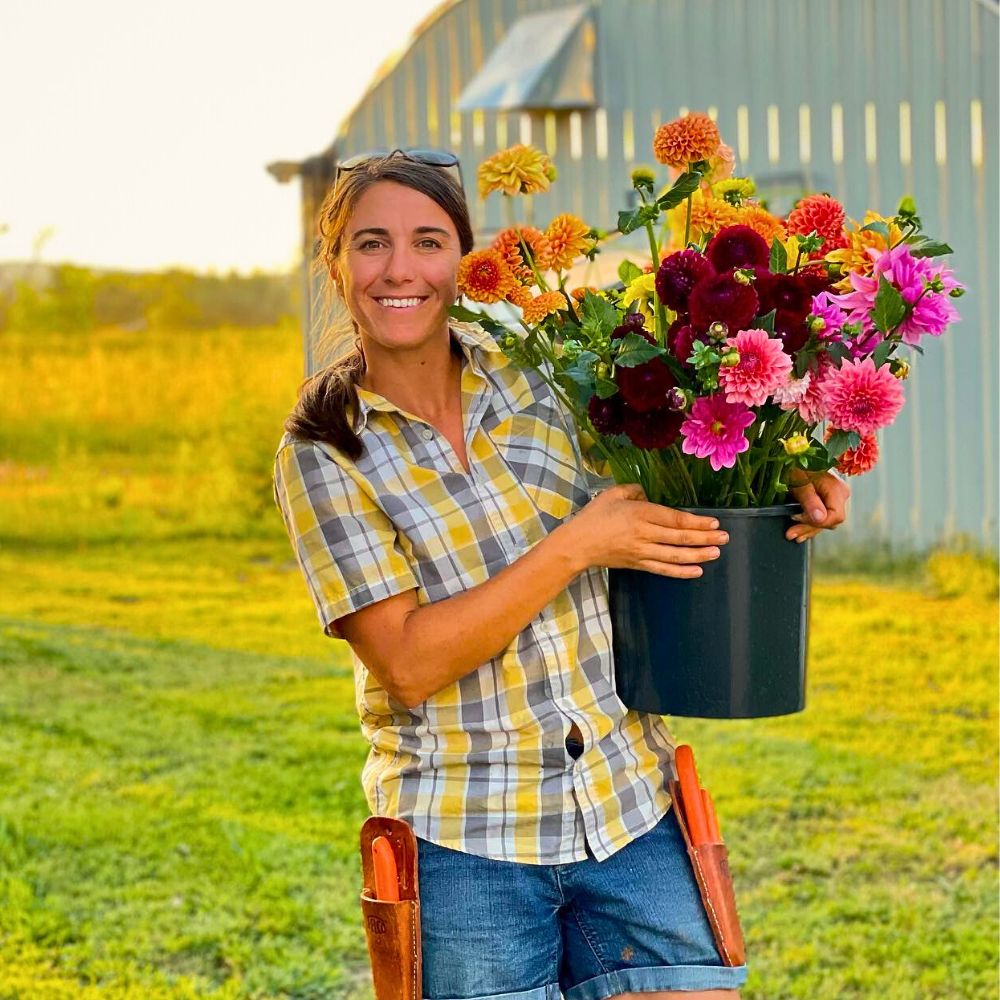
The floral industry professionals, students, faculty, and researchers all depend on these resources and programs, which sustain the channel for the overall growth of the floral community. David Garcia, the President of Pete Garcia Company/Garcia Group, and also the Chairman of the AFE further explains that the campaign is about coming together to support something everyone cares deeply about: the floriculture industry.
David Garcia:
“By contributing, we are helping to provide for new advancements, empower the next generation, and keep our floral community moving forward.”
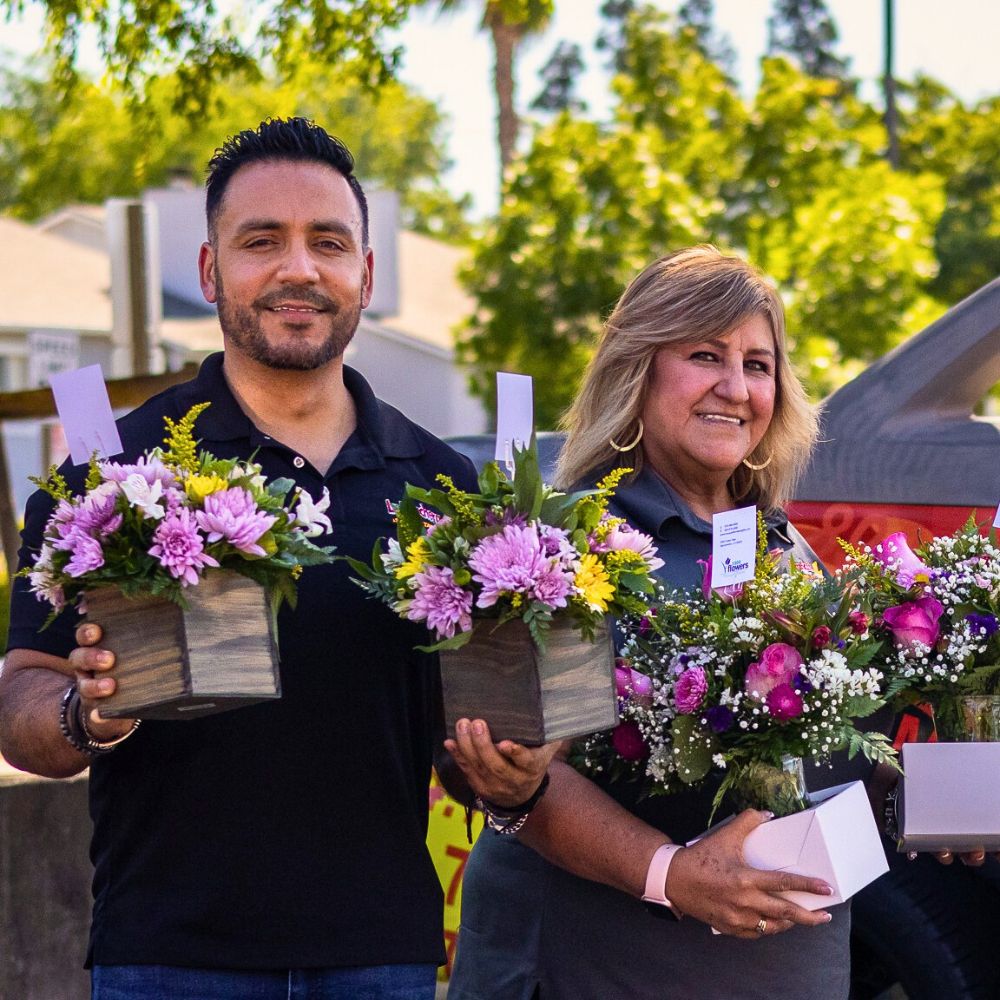
David’s words emphasize that the responsibility to sustain floriculture’s growth lies with the entire community-from growers and wholesalers to retailers and allied partners, at a time when financial barriers often limit access to higher education for many aspiring floriculture professionals.
All through, AFE’s input through such programs has helped ease many of these hurdles, enabling students to pursue degrees in floriculture, horticulture, and related fields. As such, its investment means the Endowment supports individual students while also strengthening the entire industry’s human capital. A well-educated workforce is, after all, essential for advancing research, adopting new technologies, and maintaining competitiveness in a global market!
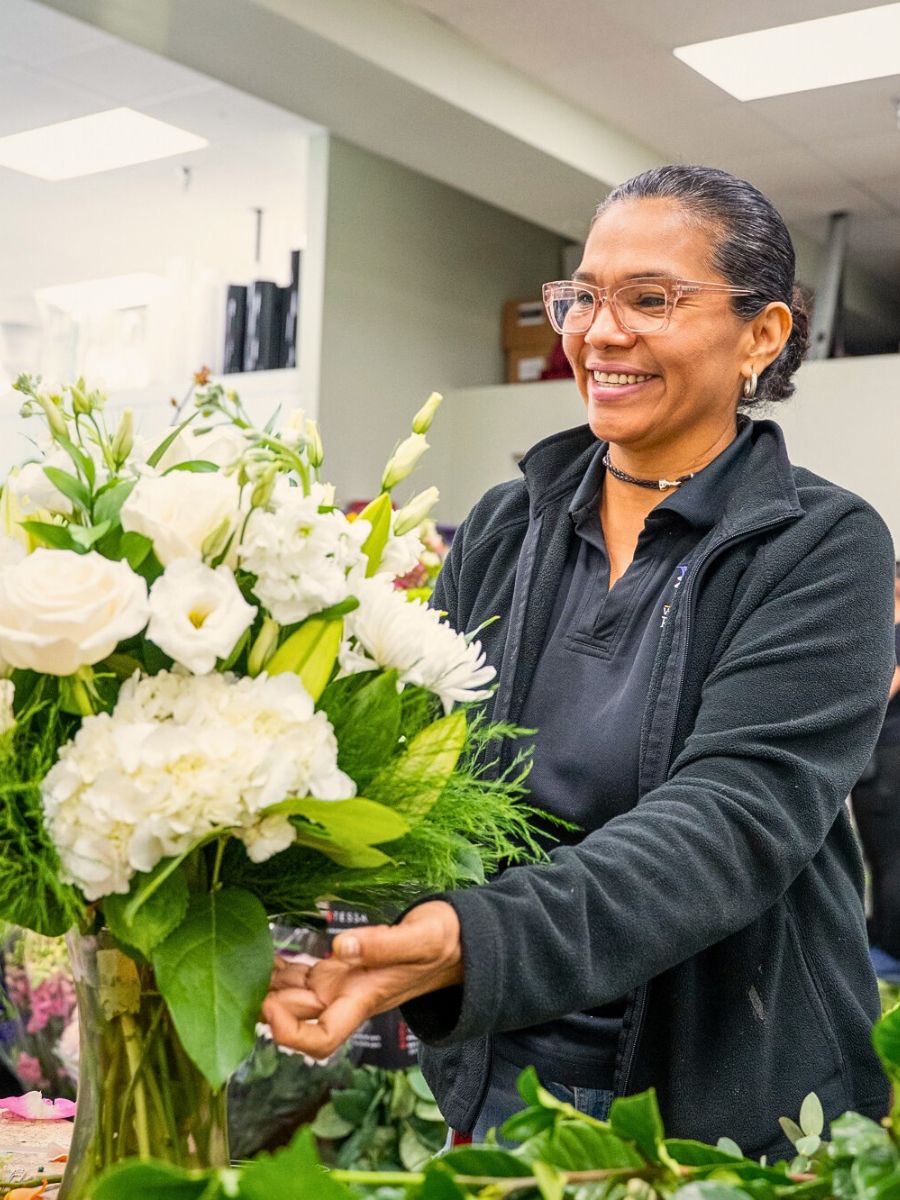
What Your Support for R.I.S.E. Means
Support for this campaign fuels several initiatives.
- Research: Your support backs cutting-edge studies that improve flower and plant health, longevity, pest and disease management, and sustainable practices.
- Internships: It helps offer real-world training opportunities that introduce students to careers in floriculture.
- Scholarships: It further supports by reducing financial barriers for students pursuing degrees in floriculture and horticulture, helping to build a strong, future-focused workforce.
- Education: It, likewise, helps afford free, accessible resources, such as the Grow Pro Webinar Series and Sustainabloom, to help businesses of all sizes stay informed, competitive, and resilient. In addition to funding grants supporting industry events and educational programs, as well as travel to those learning opportunities.
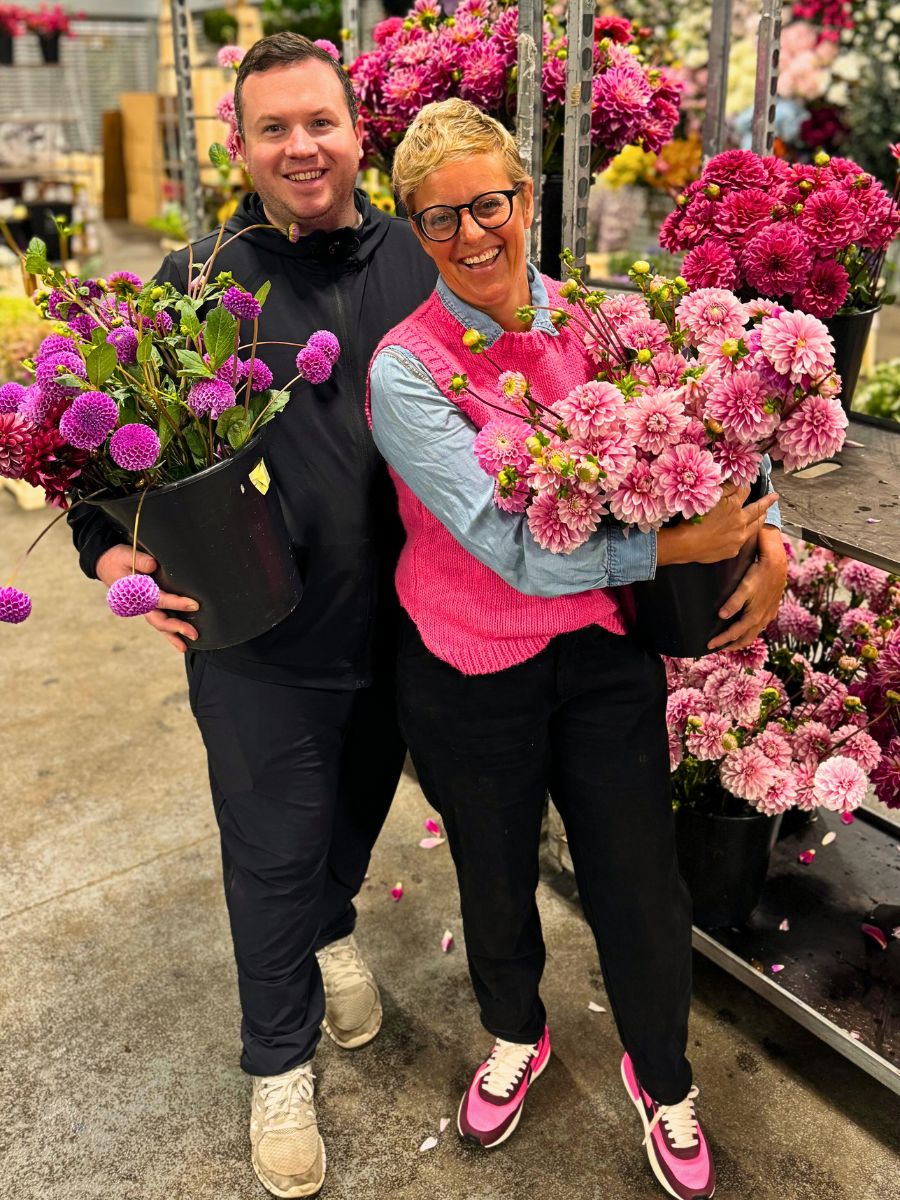
Building the Flower Industry Workforce of Tomorrow
While research drives innovation, education and training programs are the essence of a skilled and adaptable workforce. The floral industry depends on a pipeline of well-trained professionals who can implement new technologies, adopt sustainable practices, and drive business growth. Thus, AFE’s support for different relevant programs helps remove barriers for students pursuing careers in floriculture and horticulture, ensuring that talent is nurtured regardless of financial background.
Internships provide invaluable hands-on experience, bridging the gap between academic theory and industry practice. These new opportunities allow students to develop practical skills, build professional networks, and gain insights into the diverse career paths within floriculture. Scholarships, meanwhile, reduce financial burdens, making education more accessible and helping to cultivate a diverse and future-ready workforce.
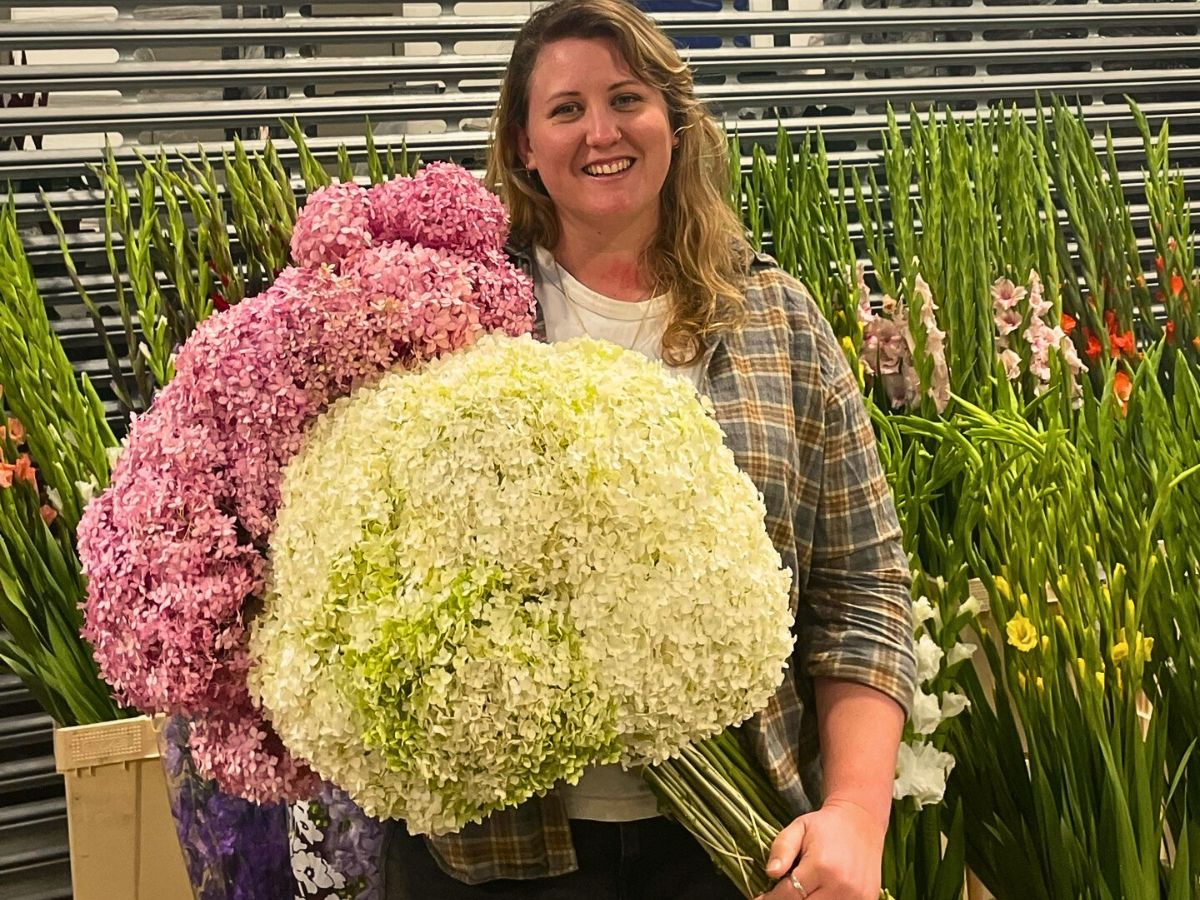
Away from formal education, AFE’s keenness on free and accessible resources through initiatives like Sustainabloom empowers floral businesses to stay informed, competitive, and resilient. These programs cover a wide range of topics, helping all players in the floriculture industry to easily sail across an increasingly complex marketplace. AFE’s continuous support for continued knowledge exchange is, generally, crucial for adapting to emerging trends and challenges, ensuring the floral community remains agile and innovative.
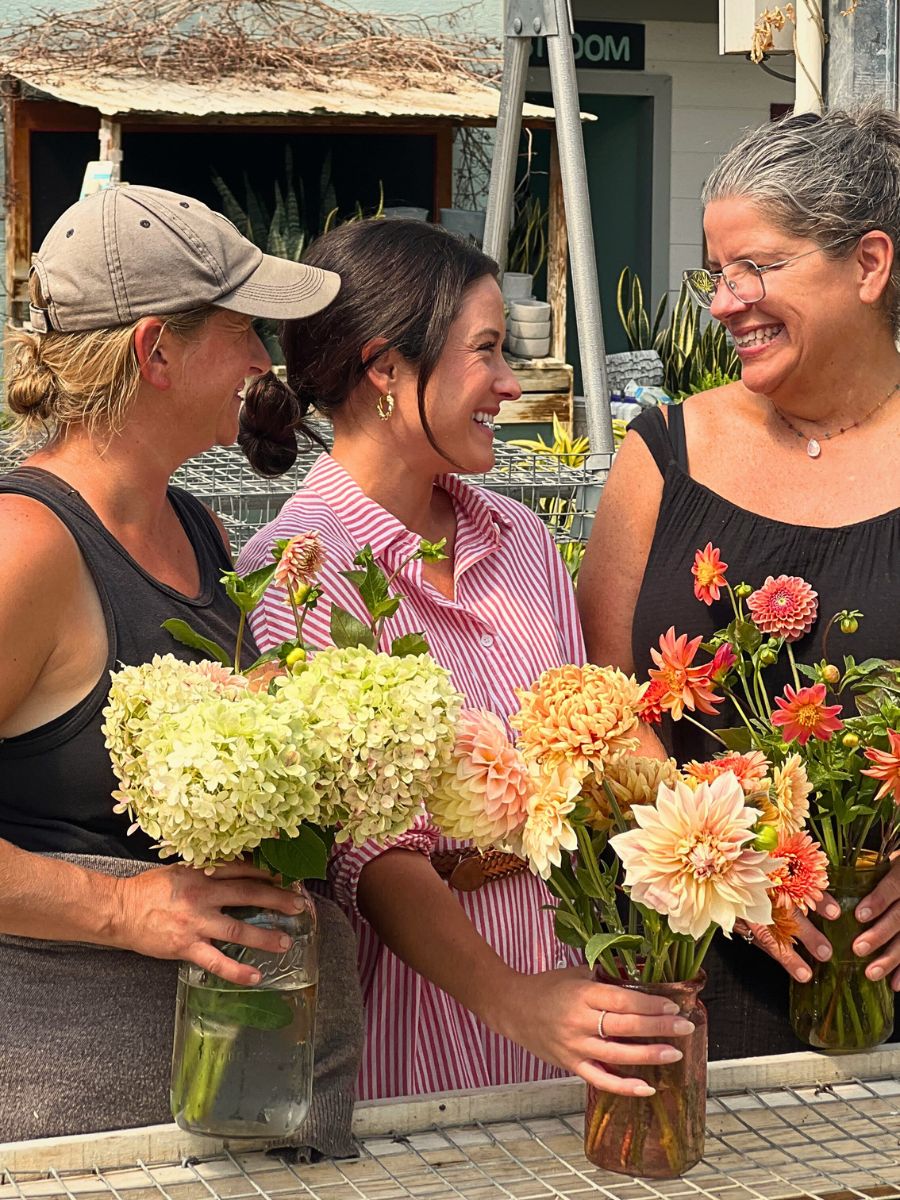
The Growing Importance of Research
Floriculture depends heavily on scientific research to drive innovation, improve crop resilience, and enhance sustainability. Research initiatives supported by the AFE tackle pressing issues like general sustainability in the industry, improving flower and plant health, extending vase life, managing pests and diseases, and developing environmentally sustainable growing practices. These parameters are essential for maintaining the quality and competitiveness of floral products in a global market that is increasingly driven by eco-conscious consumers' demands.
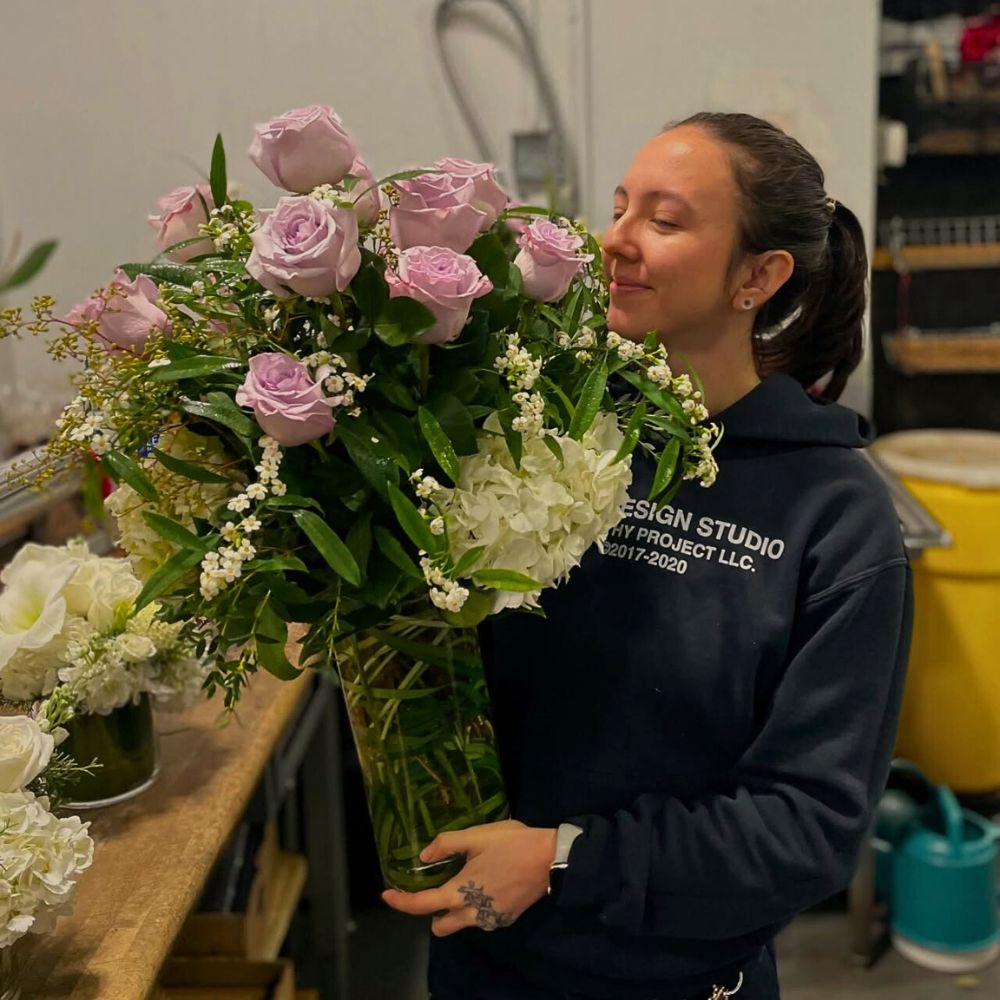
Cutting-edge research also plays an important role in addressing environmental challenges. For example, the development of biocontrol agents and organic nutrient management strategies helps reduce the industry’s reliance on synthetic chemicals, mitigating pollution and promoting biodiversity. Such innovations not only benefit growers but also align floriculture with the broader flower industry sustainability goals.
The 2025 R.I.S.E. to Support Campaign’s Goal to Invest in a Thriving Flower Industry
The 2025 R.I.S.E. campaign aims to raise $100,000 to support these essential programs. AFE’s Executive Director, Debi Chedester CAE, IOM, AAF, highlights the power of collective action, noting that every contribution, whether big or small, makes a meaningful difference because together, everyone who takes part and contributes plants a seed for a thriving floriculture industry's future.

The drive’s benefits ripple across every segment of the floral industry. Through it, growers can, for instance, gain access to research that improves flower quality and sustainability, wholesalers and retailers can receive educational resources that enhance business practices and customer engagement, and students and educators can find opportunities for careers and innovation through placements and scholarships.
As AFE puts it, this funding is crucial for maintaining momentum in research and education initiatives that strengthen the industry’s resilience and growth. Without sustained investment, the floral community risks losing ground in innovation, development of the right workforce, and sustainability areas that are increasingly vital for long-term viability and success. Last year, AFE celebrated over $20 million in cumulative funding for the industry, with over $1 million funded annually to support vital industry programs.
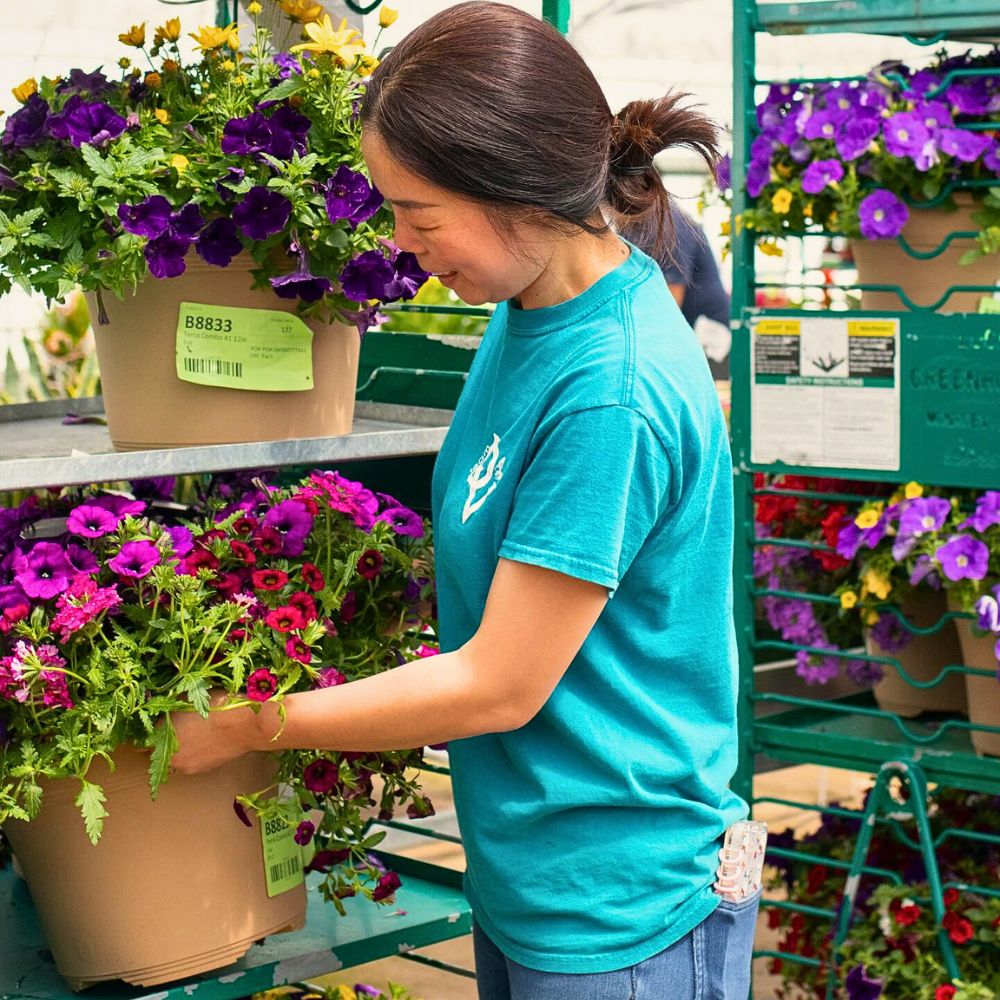
Get Involved and Make an Impact
Contributions to the 2025 R.I.S.E. to Support Campaign are tax-deductible. There are opportunities for contributions or sponsorship at every level, with recognition benefits. One can learn more about this campaign or donate through the R.I.S.E. to Support 2025 campaign’s online page.
Header image by Andrea Piacquadio, feature image by @ellens_flowers








